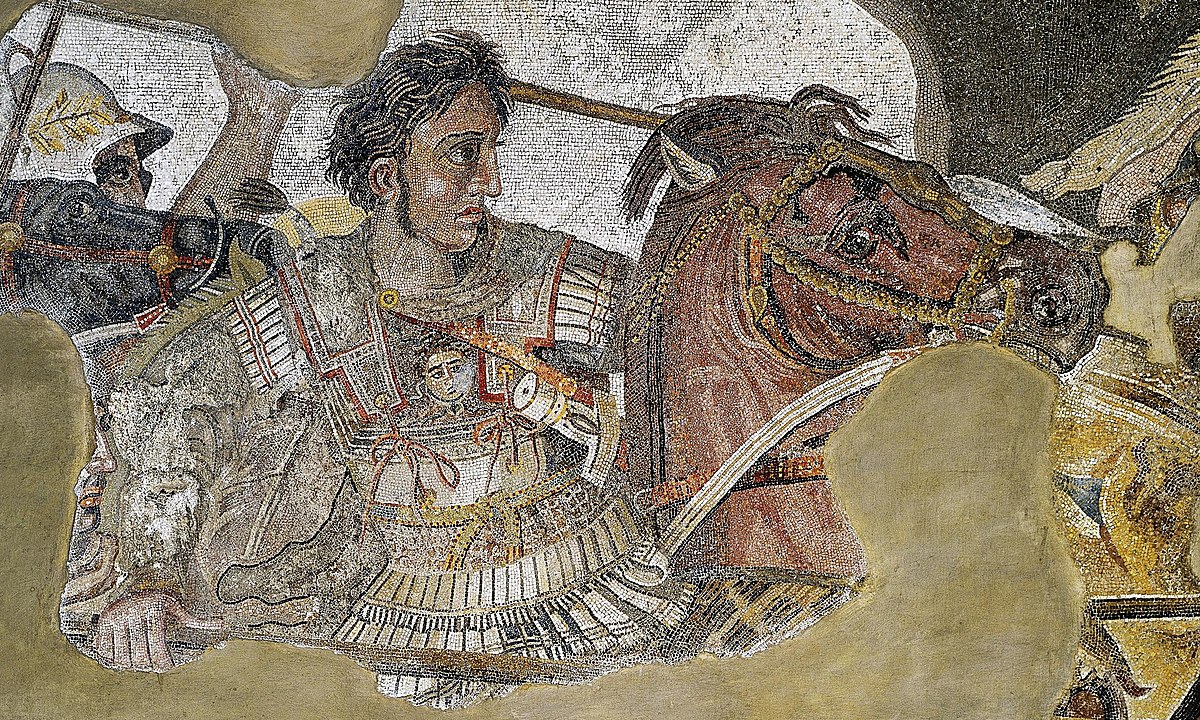
Alexander the Great's Conquest of Egypt
Alexandria, EgyptAlexander the Great, a name that resonates through history, marked a significant turning point in the ancient world with his conquest of Egypt in 332 BCE. His arrival in Egypt not only ended the Achaemenid Persian rule but also laid the foundation for the Hellenistic period, intertwining Greek and Egyptian cultures. This article delves into the historical context and impact of Alexander's conquest on Egypt, a pivotal moment in its rich history.
Prelude to Conquest
Before Alexander's arrival, Egypt was under the Persian Empire's control as part of the Achaemenid Dynasty's rule. The Persians, led by emperors such as Darius III, faced growing discontent and rebellion within Egypt. This unrest set the stage for a significant power shift.
Alexander the Great, the King of Macedonia, embarked on his ambitious campaign against the Achaemenid Persian Empire, eyeing Egypt as a crucial conquest. His strategic military prowess and the weakened state of Persian control in Egypt facilitated a relatively unopposed entry into the country.
In 332 BCE, Alexander entered Egypt, and the country swiftly fell into his hands. The fall of Persian rule was marked by the surrender of the Persian satrap of Egypt, Mazaces. Alexander's approach, characterized by respect for Egyptian culture and religion, earned him the support of the Egyptian people.
Establishment of Alexandria
One of Alexander's significant contributions was founding the city of Alexandria on the Mediterranean coast. This city, named after him, became a center of Hellenistic culture and learning, symbolizing the fusion of Greek and Egyptian civilizations.
Alexander's conquest ushered in the Hellenistic Period in Egypt, marked by the spread of Greek culture, language, and political ideas. This era saw the blending of Greek and Egyptian traditions, profoundly influencing art, architecture, religion, and governance.
Although Alexander's reign in Egypt was brief, his legacy endured through the Ptolemaic Dynasty, established by his general Ptolemy I Soter. This dynasty, a blend of Greek and Egyptian influences, ruled Egypt until the Roman conquest in 30 BCE.
